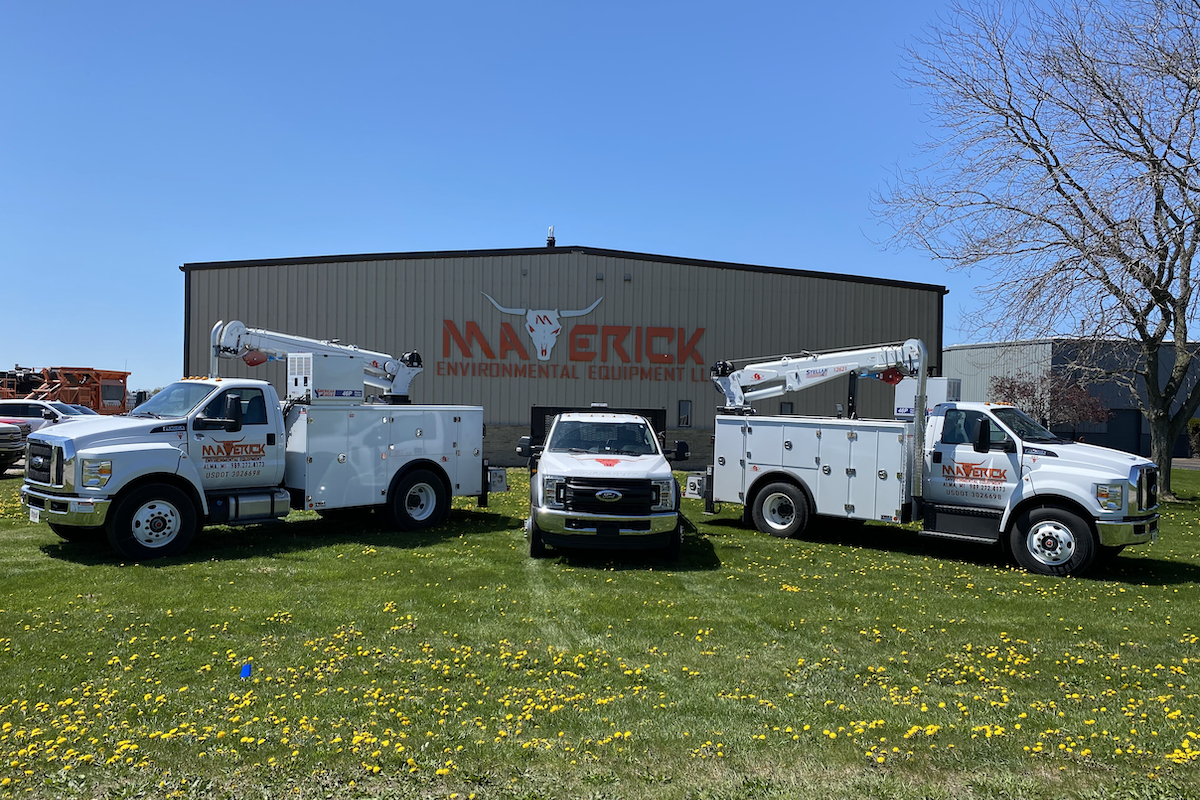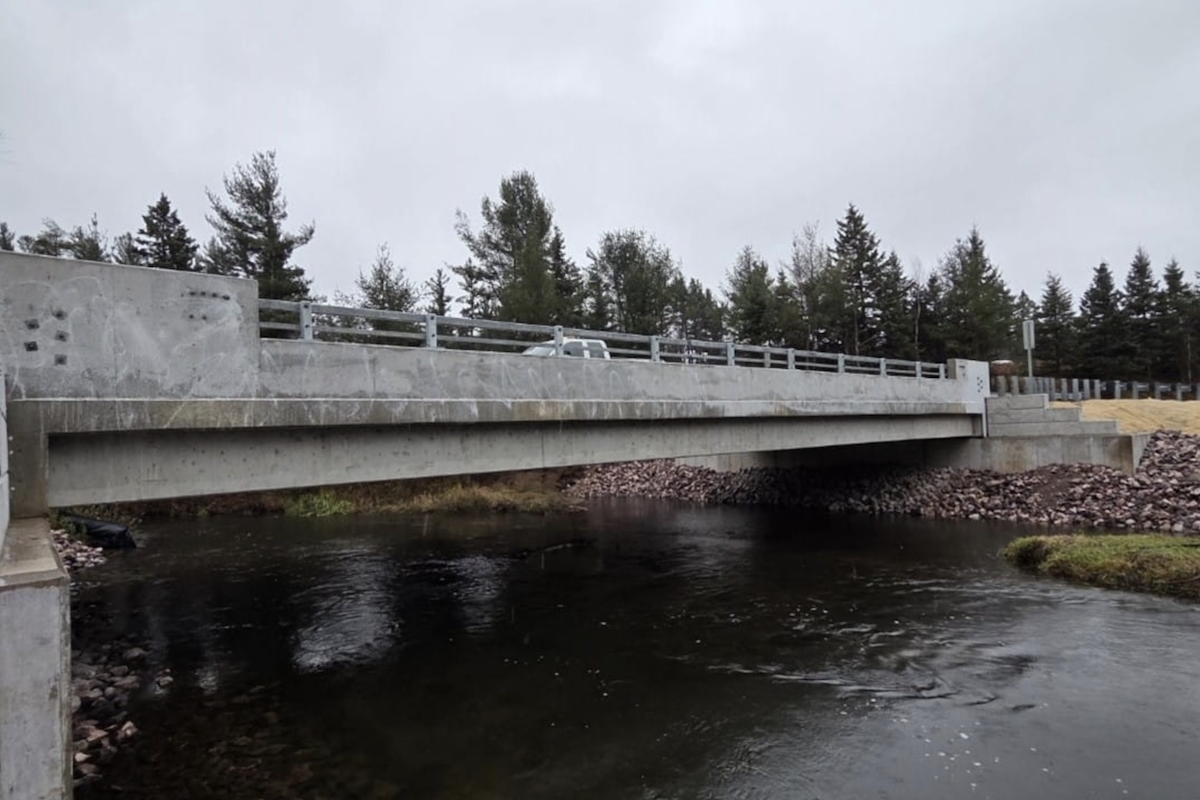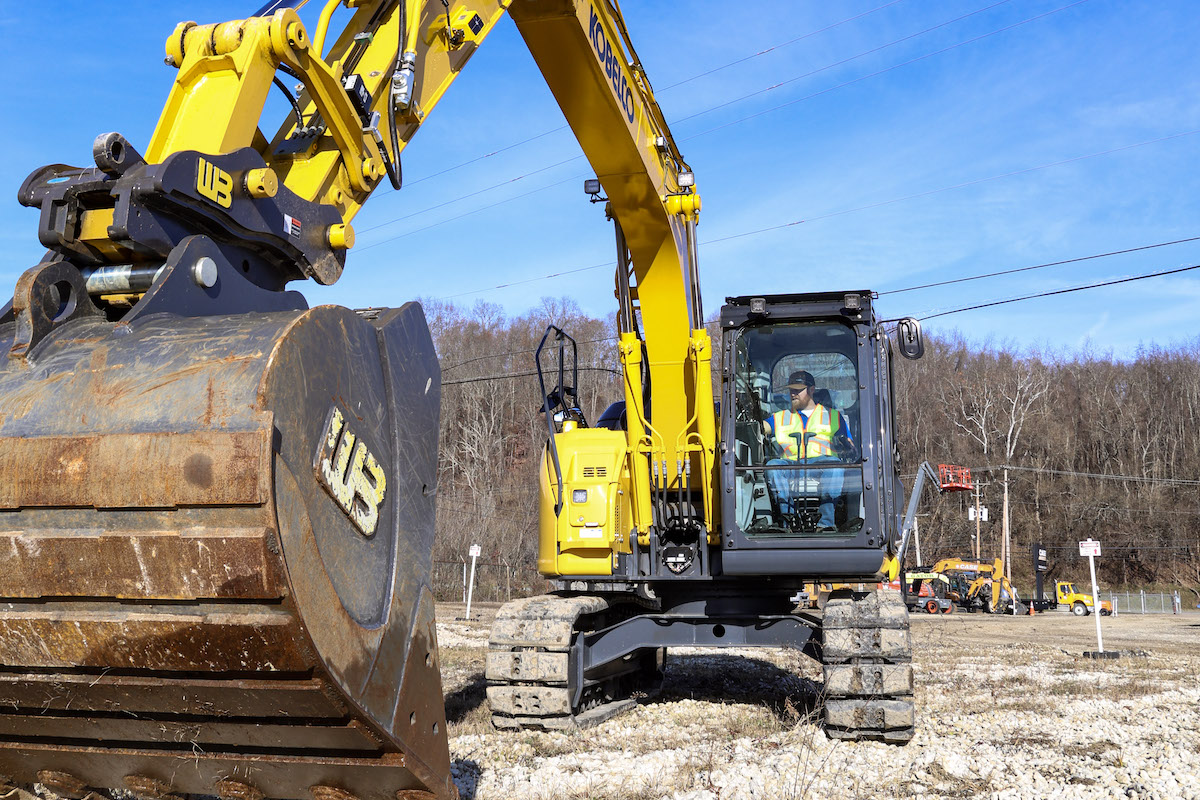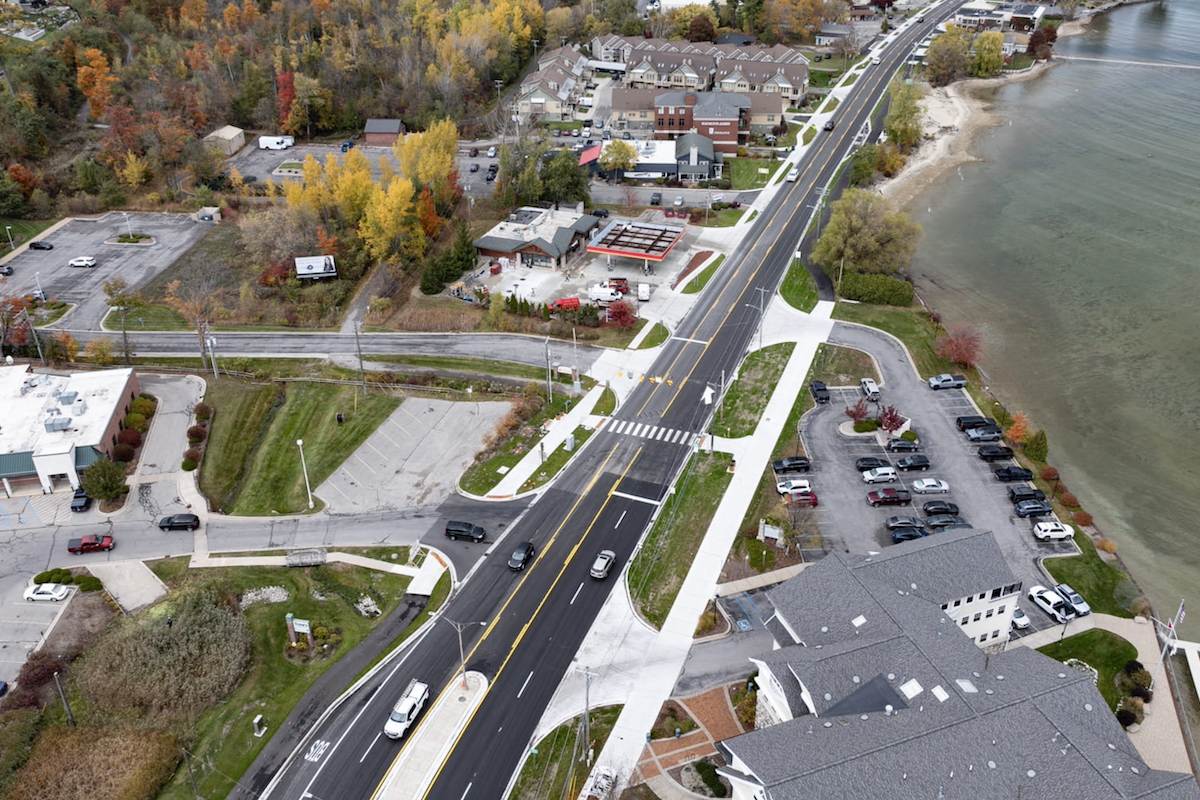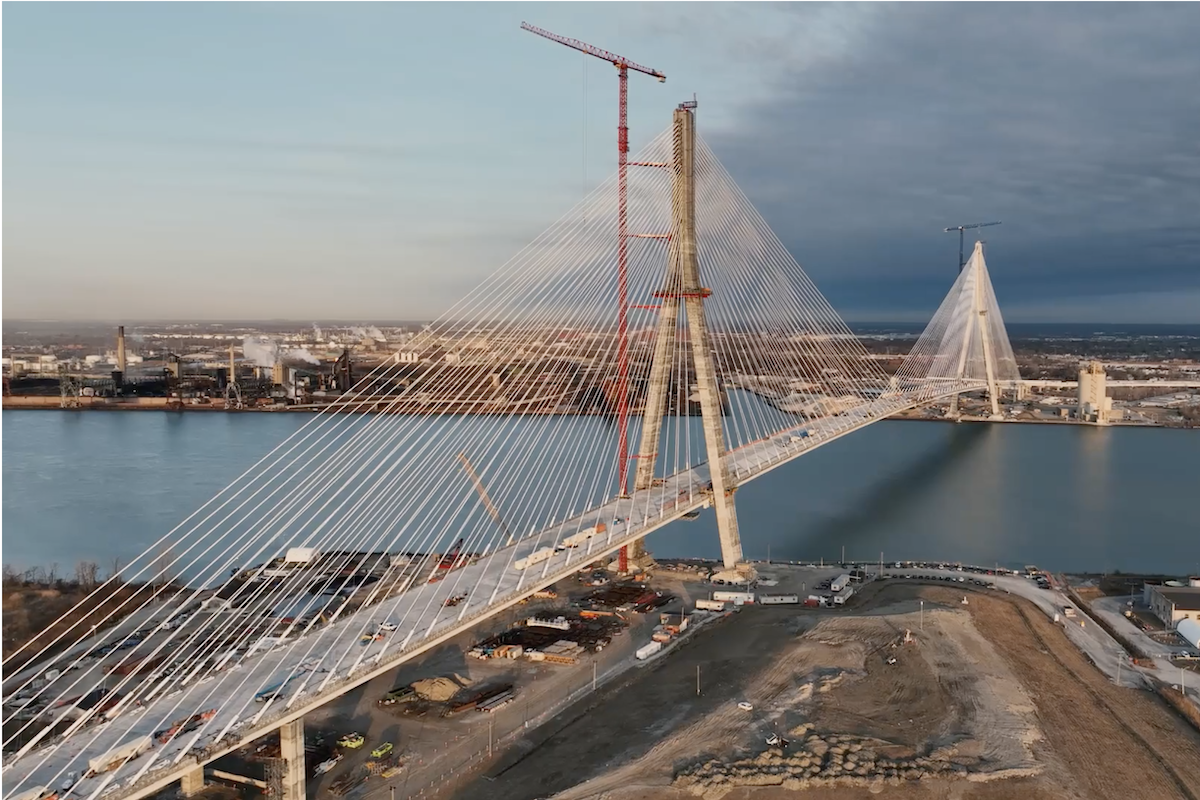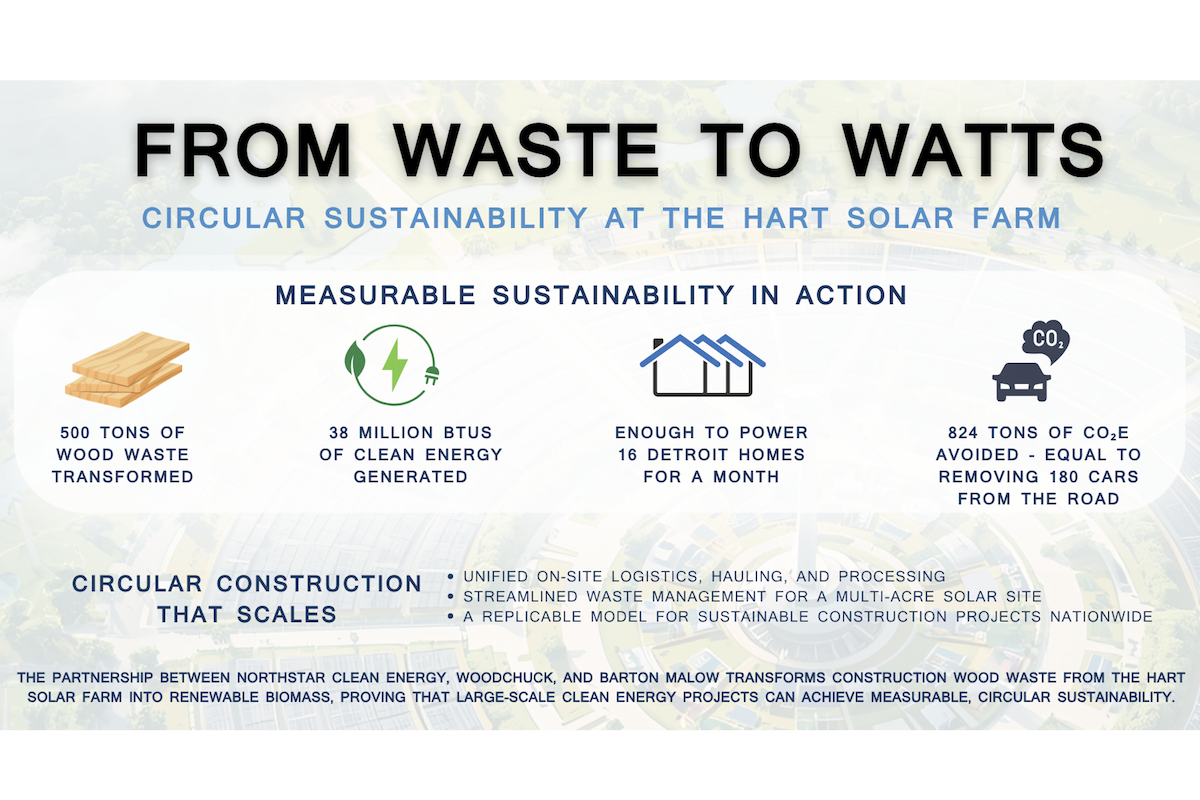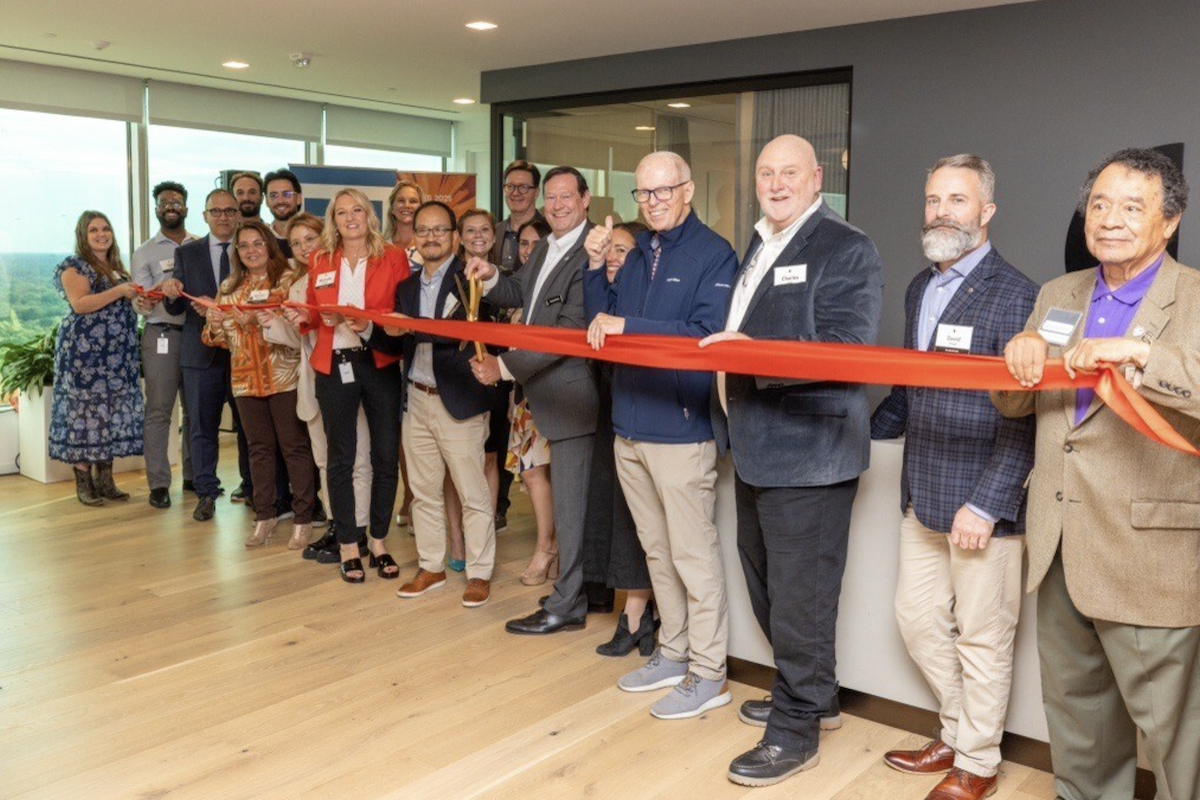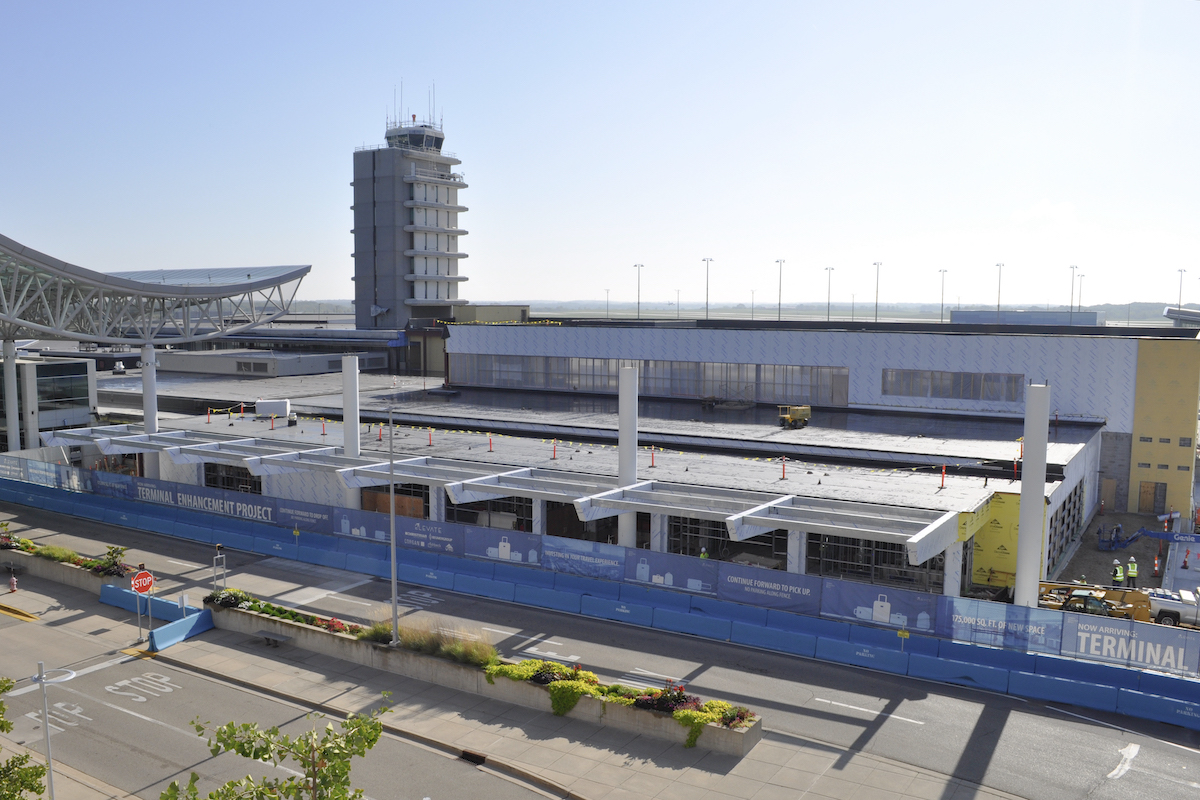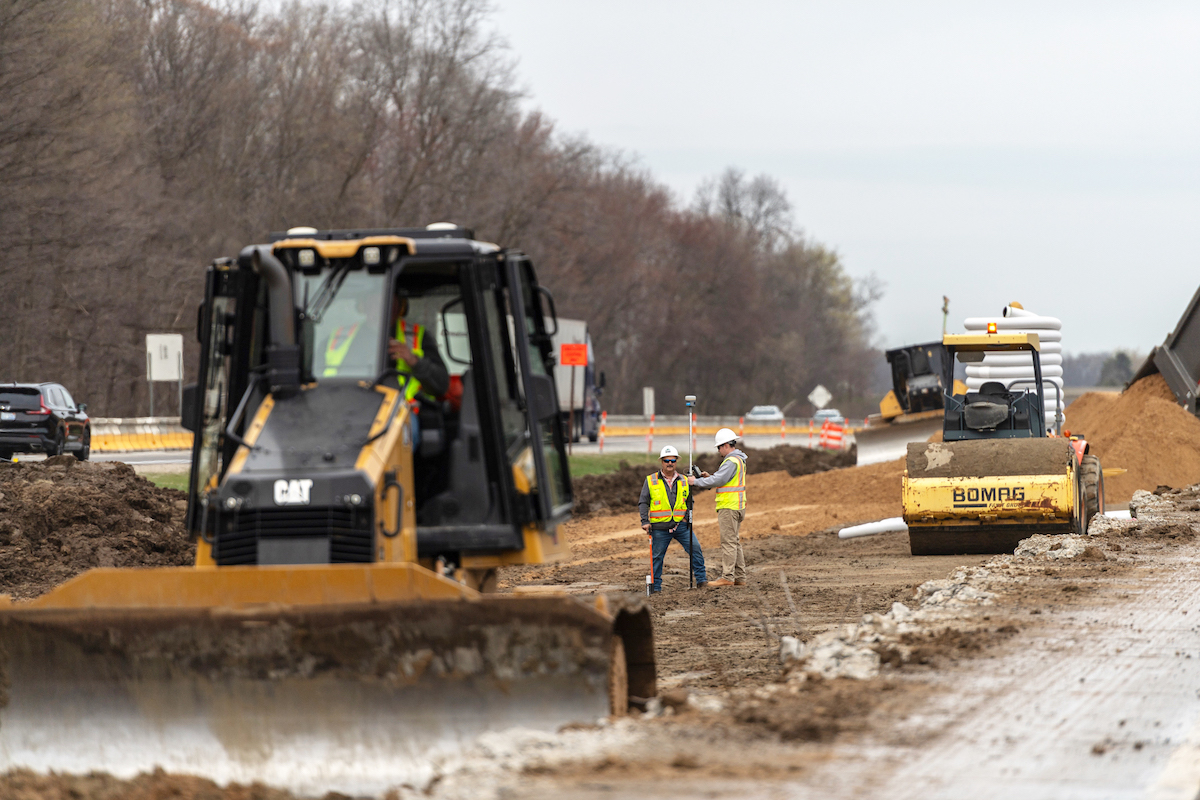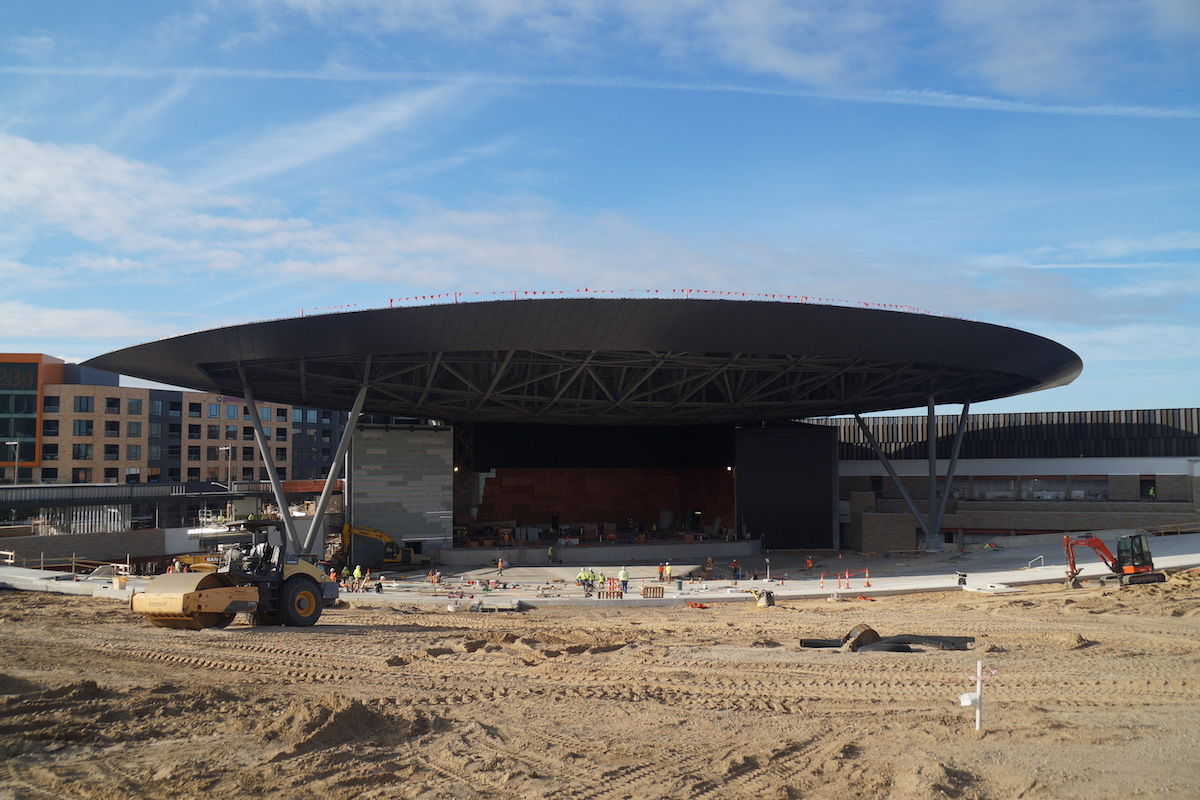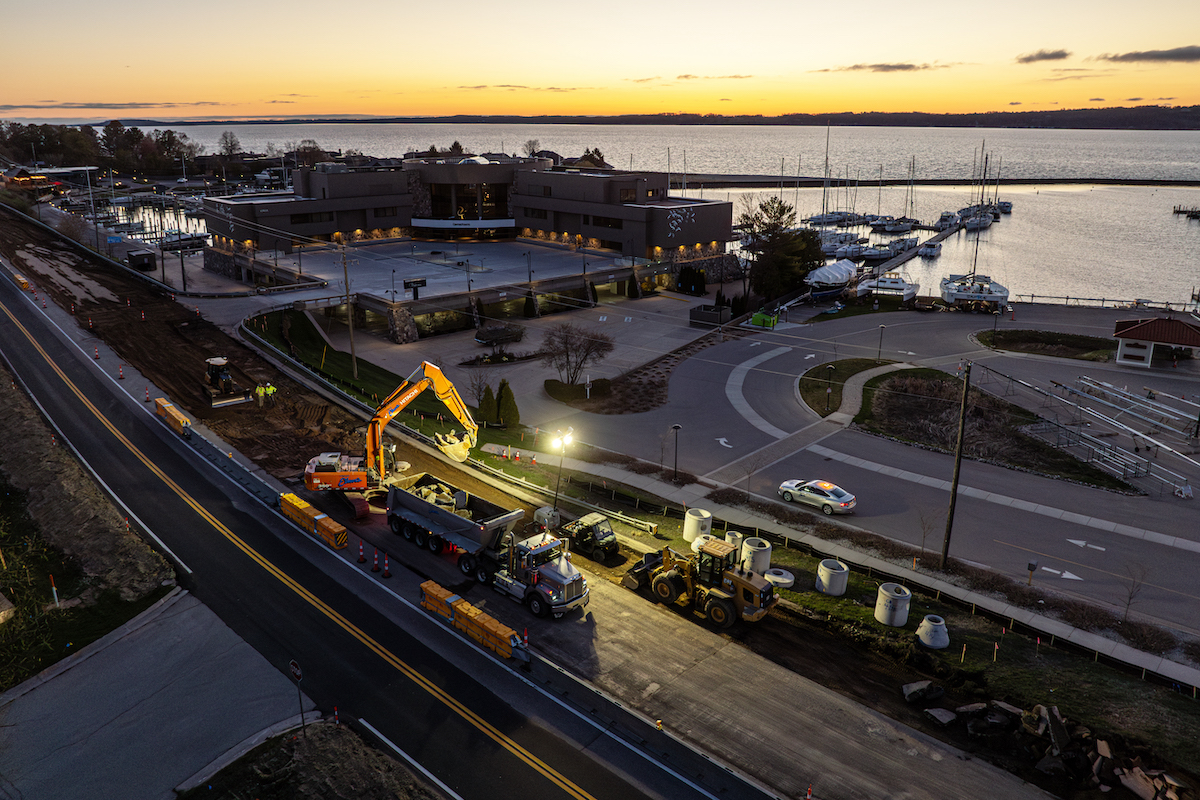“This is a major upgrade for this facility,” said Randy Hammer, Hamilton Construction’s Project Manager. “In addition to the sloped launch itself, everything is getting a revamp including the more than 20 large boarding floats which will now be more ADA-compliant. But, before we could get to installation of any kind, we had to first ensure that the ramp’s 13 percent slope design could be created.”
The new launch was designed by PND Engineers, an Anchorage-based civil, structural, and marine engineering firm, which also provided inspection services of the new structure on behalf of the City of Seward. With demolition of the old launch complete, Hamilton’s crew began the reconstruction, working off of a barge with an indented area at the forefront of the vessel into which the excavator was positioned.
“The most significant change in the design of the new launch is the length it extends into the water,” he said. “In the past, people were limited by the tidal conditions to decide when they could launch; that won’t be the case anymore. However, we still needed to find the best way to get all that aggregate down and sloping at the appropriate angle. For that, our owner turned to GPS Alaska, the area Topcon dealer.”
Working through Mike Williams, Co-Owner of GPS Alaska, Hamilton opted for a Topcon machine control system for their Hitachi Zaxis 120 Excavator. They did so, despite the fact that they normally used a different manufacturer’s base station and other GPS gear.

| Your local Trimble Construction Division dealer |
|---|
| SITECH Michigan |
“Hamilton’s regular GNSS solution relies upon a spread-spectrum radio, and even though the Topcon system relies upon UHF for its signal, we were able to make the two systems talk to each other,” said Williams. “Specialty requests like that are not uncommon for us up here. And Hamilton is pleased with the way it’s worked out, which is what it’s all about for us.”
“In a sense, I was actually serving as the grade checker on this job,” he said. “Though our diver did have to occasionally go down to verify some things, it was nowhere near what would have been the case before. And the accuracies we were getting with the system were impressive; this was a great solution to a challenging problem.”
In addition to creation of the launch area itself, Hamilton’s team had to surround the entire structure with a wall of rip-rap, which also had to maintain that 13 percent slope. According to Hammer, the GPS proved invaluable in that function as well.
“Because Shane could just place the teeth of the bucket down and know, with impressive accuracy, the location and elevation of the wall he was creating – even when the slope took it under water – that part of the job was streamlined,” he said. “It’s worth noting that, because all the work was being done off a barge, things were made even more challenging. Vessels like that have a tendency to ride up and down as well as side to side, so the excavator has to move slower than it would on ground. But Shane is probably the best operator I’ve ever worked with in my career and his skills, teamed up with the GPS, made things come together nicely.”
“Working off a fork attachment for a front-end loader, Scooby devised this on his own, and welded it up in one afternoon,” he said. “We call it ‘The Flying Forks’ and it is suspended from a crane, holds a plank in place for positioning and, when it’s in the right position, lets it go for placement. It has worked incredibly well for us.”

| Your local Deere & Co dealer |
|---|
| AIS Construction Equipment |
“Without GPS on this job, we would probably have had to work the tides,” said Hammer. “That would have meant working in the winter when they are really low, which would have also meant doing all the dirt work in January. As anyone who’s been here knows, that means dealing with frozen ground, adverse weather, winter storms, and so on. Construction costs would have probably been quadruple what they are, and we got it done in a fraction of the time that would have taken. Pardon the pun, but, without it we would have been ‘dead in the water.’”
















